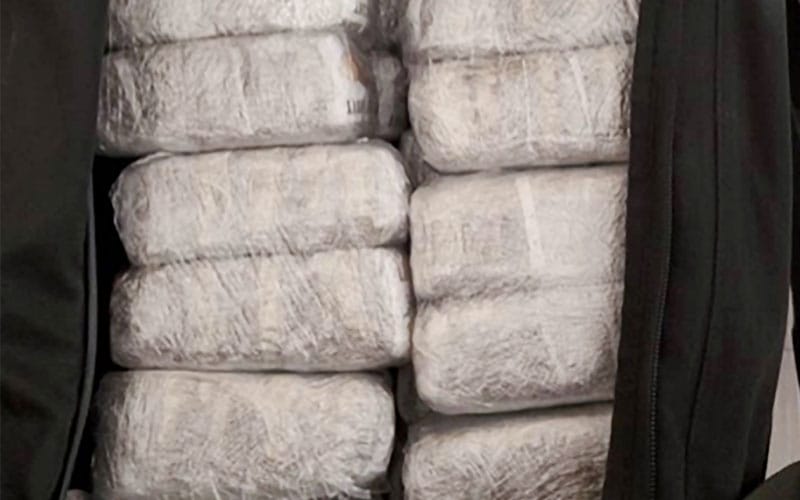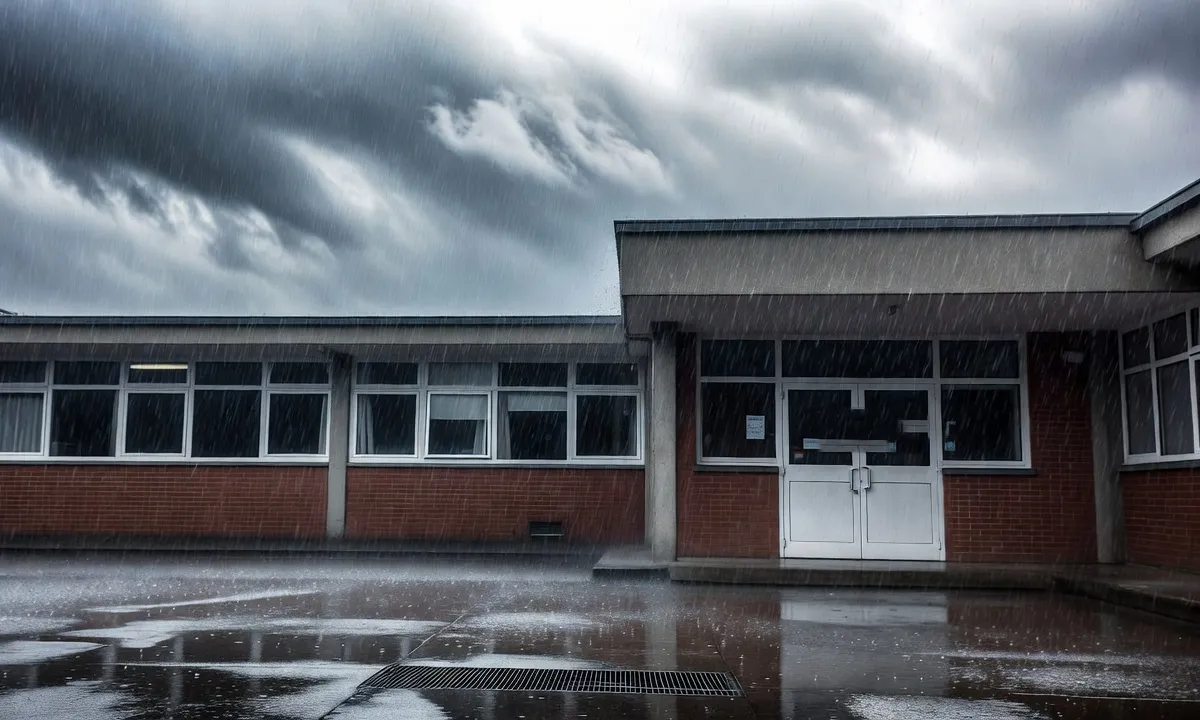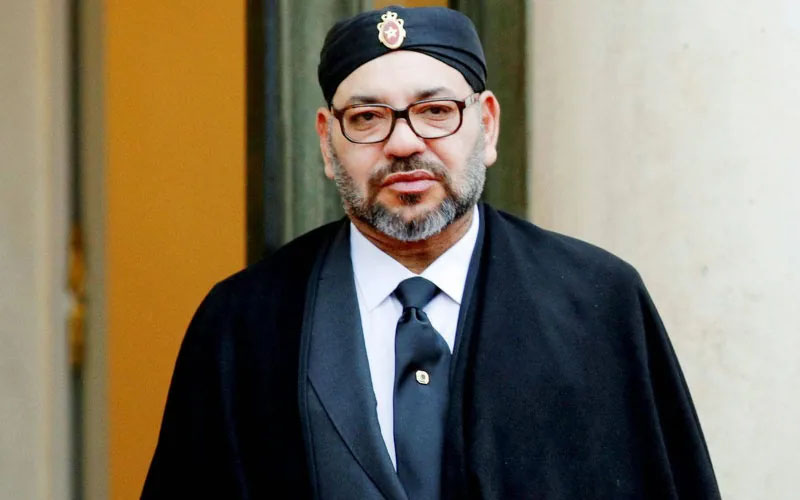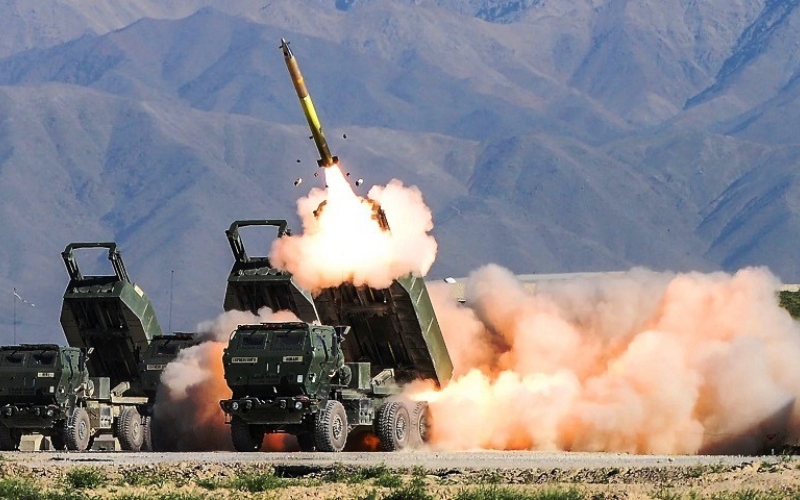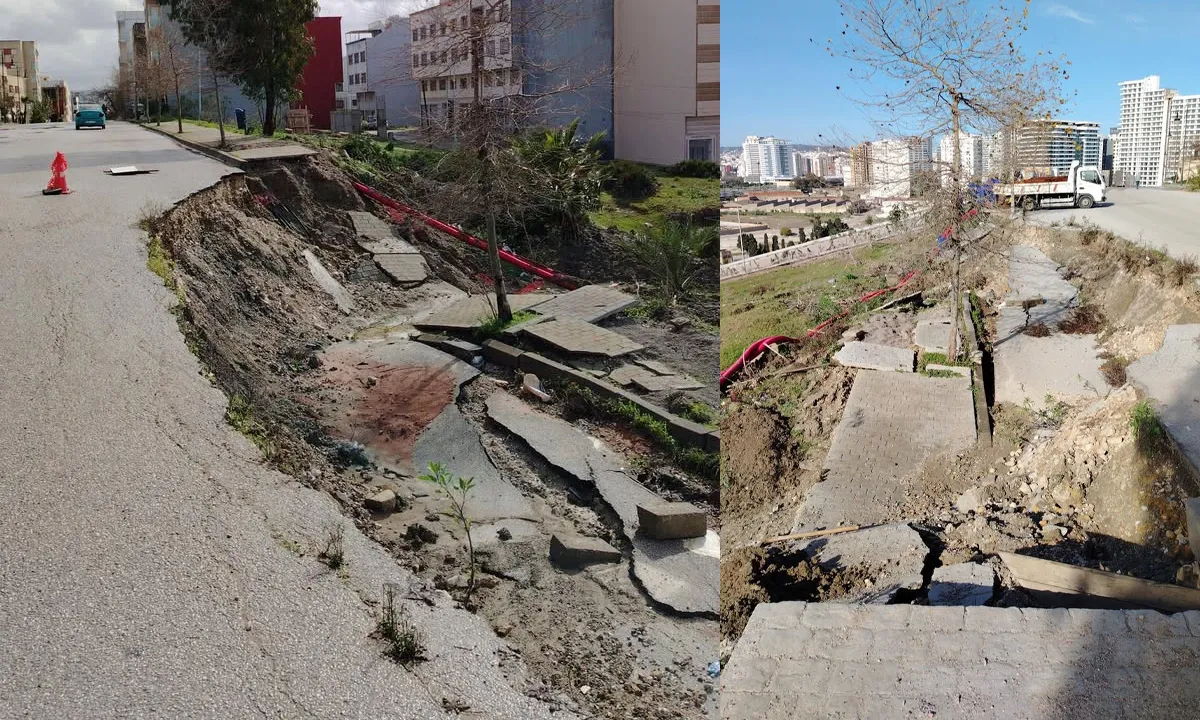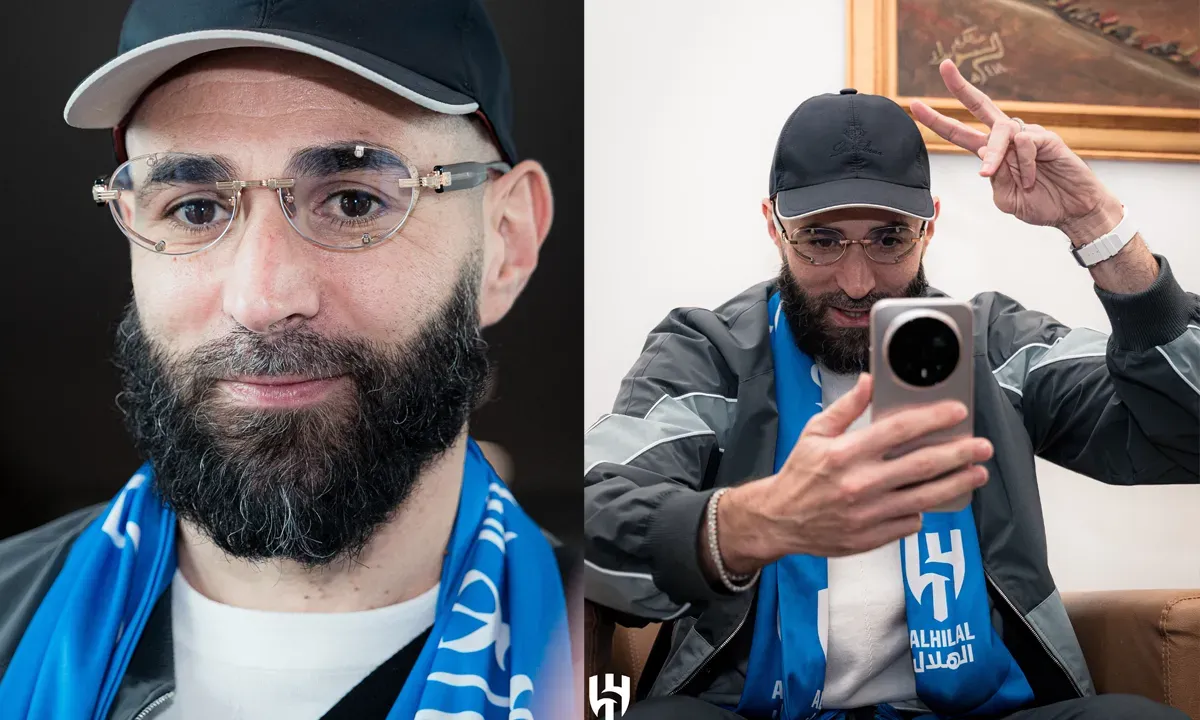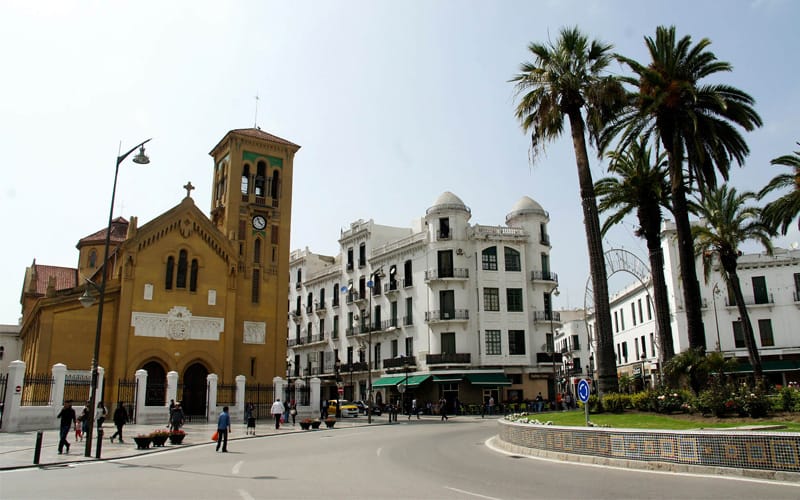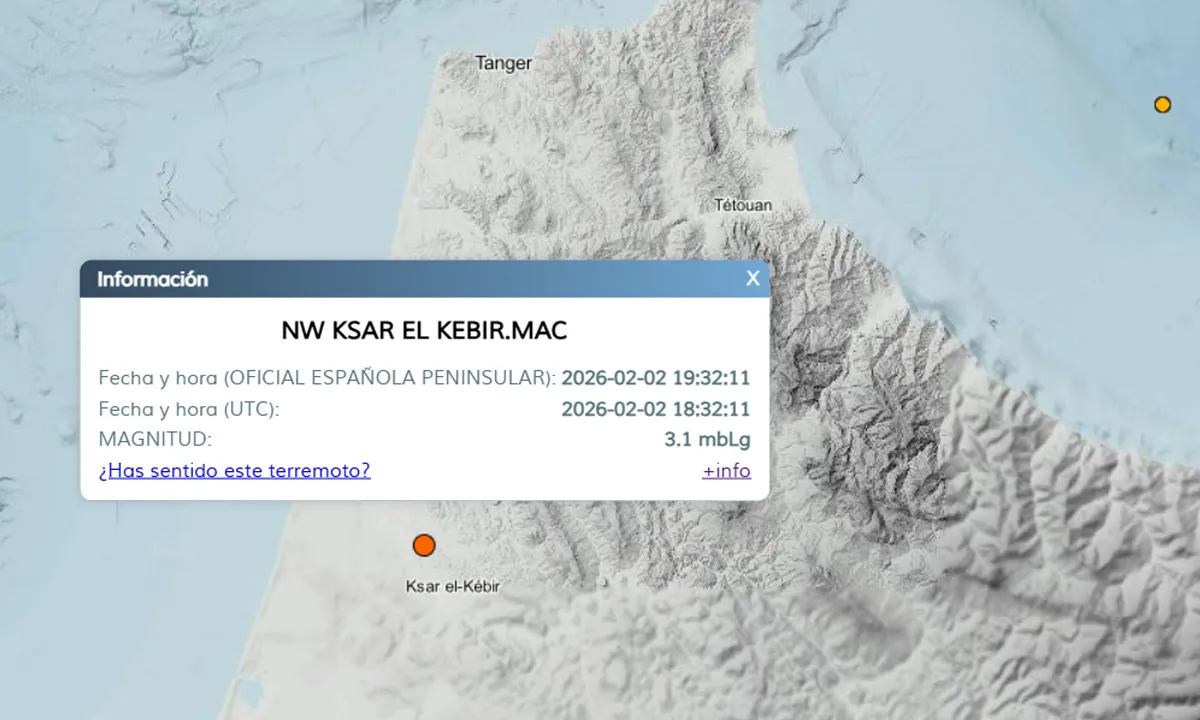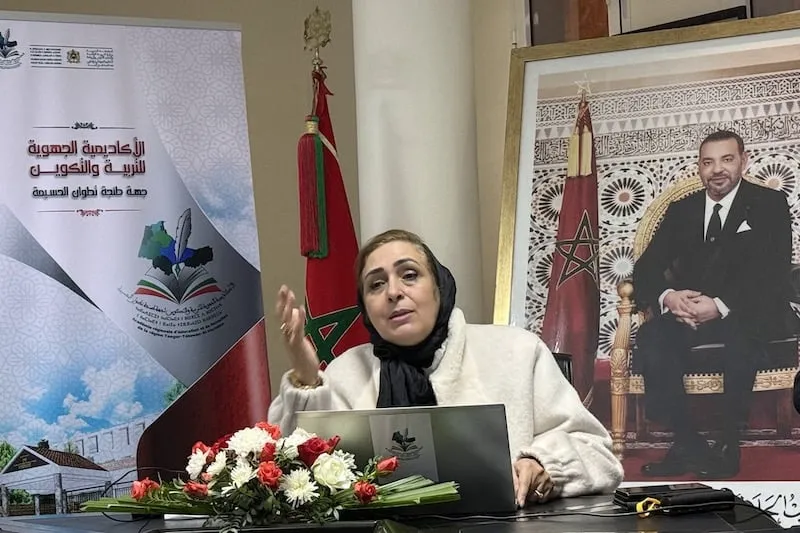In a joint security operation involving the Spanish National Police, Lithuanian authorities, and Irish officials, an international trafficking network suspected of being linked to the largest cocaine seizure in European history was dismantled. This operation originated from the confiscation of 16 tons of cocaine at the Hamburg port in Germany in 2021.
The investigation, overseen by the Fifth Central Investigation Court in Madrid, dealt a significant blow to one of the most active drug trafficking networks in Europe. Nine individuals were arrested across three countries: one in Spain, seven in Lithuania, and one in Ireland.
Seizures Include Cash and Firearms
According to the newspaper “El Faro de Ceuta,” security forces carried out 25 raids, resulting in the seizure of more than two million euros in cash, seven firearms, 103 kilograms of marijuana, luxury vehicles, encrypted phones, and GPS tracking devices, along with counterfeit documents and advanced electronic technology used to evade security monitoring.
Spain as a Key Logistic Hub
Data suggests that the network, primarily composed of Lithuanian nationals, utilized Spain as a central logistical hub. The Spanish territory was exploited for purchasing hashish from Morocco and locally produced marijuana, while also receiving shipments of cocaine from South America before distributing them to other European countries via maritime routes or specially modified trucks. Activities were particularly concentrated along Mediterranean coasts, including regions such as Levante, Tarragona, and Málaga, where the network maintained warehouses and strong logistical connections.
Investigation Began from Intercepted Communications
Investigations commenced in 2021 when Lithuanian authorities intercepted encrypted communications among network members, which included explicit acknowledgments of the substantial cocaine shipment loss in Hamburg. These communications revealed significant concern within the network about the financial and security repercussions of the seizure, aiding investigators in outlining the initial organizational structure of the group.
Subsequent investigations indicated the network had the capacity to smuggle between four to seven tons of cocaine per month, highlighting its high professionalism and advanced logistical capabilities.
Arrest of Leader’s Son in Spain
A notable outcome of the operation was the arrest of the leader’s son in the town of Orihuela in the Alicante region. The detained individual, considered the right hand of the network’s leader, led a discreet lifestyle but employed stringent security measures, traveling with bodyguards and using vehicles designed to avoid surveillance.
He was responsible for coordinating drug trafficking operations from Spain to Northern Europe and managing communications with logistical contacts in various countries, making him a pivotal figure in the network’s organizational hierarchy.
Investigation Continues
Despite these successes, investigations remain ongoing. Authorities have confiscated documents and electronic devices that could lead to further arrests or dismantling of additional branches of the network in various European countries.
Security officials emphasized the importance of international cooperation in combating cross-border trafficking networks, noting Spain’s critical role as a transit point and an intelligence and judicial coordination center for such crimes.




